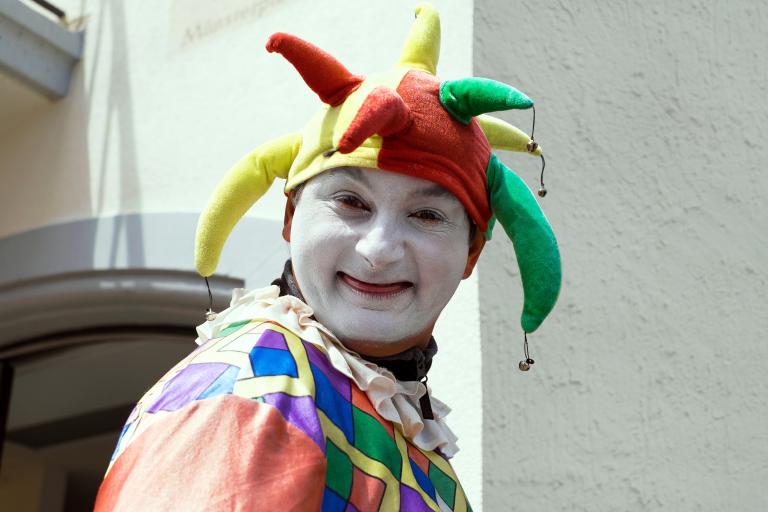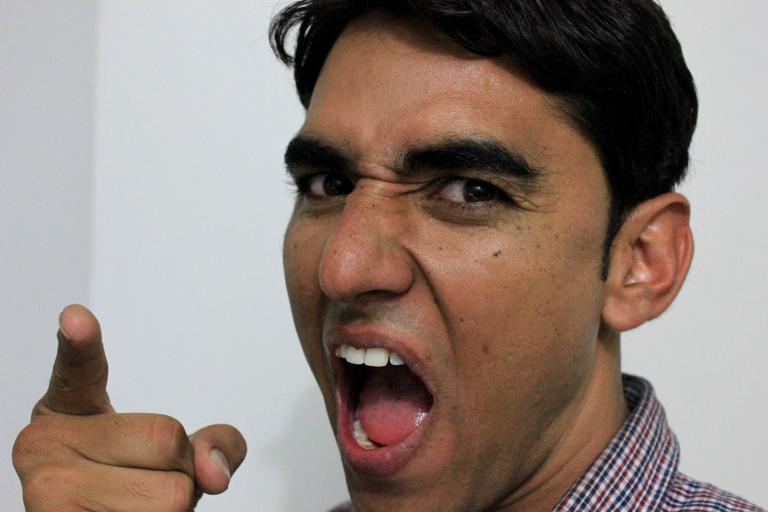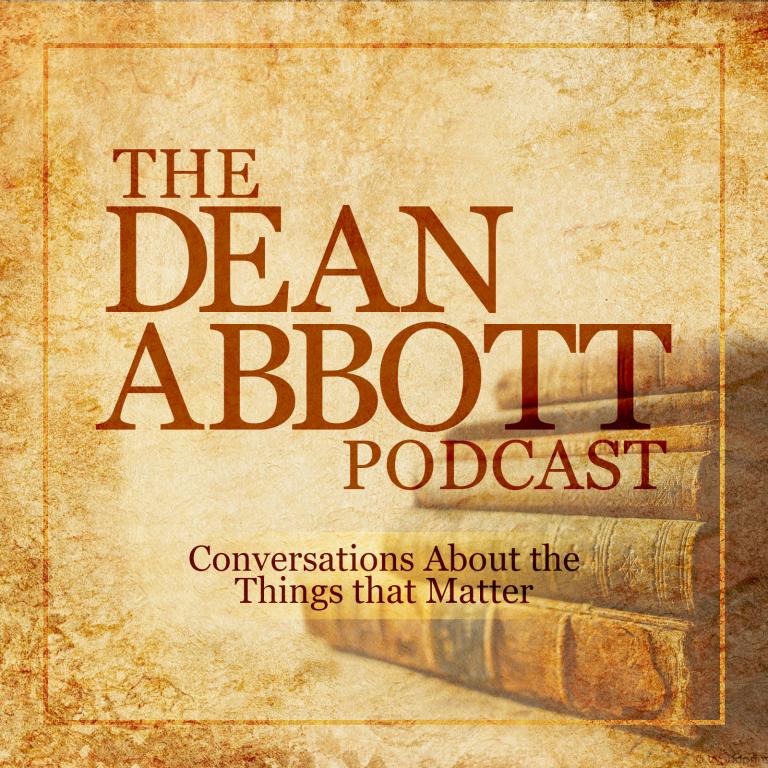
For a long time, the most desired quality in an Evangelical youth pastor was that he be crazy. Not the “he-thinks-he’s-Napoleon” kind of crazy, but the “you-never-know-what-he’ll-get-up-to” kind of crazy. He had to be the kind of guy whose behavior could aptly be described with the words “antics” and “shenanigans.” His role in the church was “to show the kids that Christians can have fun too.”
Above all, he had to be the master of silly games and icebreakers. He had to be willing to sit in a dunk tank, get pies smeared in his face, abase himself endlessly in a stream of idiotic stunts. My wife knew a youth pastor who agreed to swallow a live goldfish if everyone in youth group brought a guest. A good youth pastor had to be the kind of guy that late-middle-aged women, largely disappointed with life and grieving their own vanished youths, would look at and say with amused delight “That Boy is CRAZY!”
More sober members of the church would chalk these behaviors up, not to craziness, as to a “servant’s heart” willing to do anything to connect with the kids. In this view, a youth pastor’s juvenile behavior was, in fact, incontrovertible evidence of the maturity of his commitment.
As Thomas Bergler has written, the youth pastor is now the evangelical paradigm for all men. He sets the standard. The subtle message in many evangelical settings is that best thing any man can be is an entertaining buffoon. One could say many evangelical men are clowns, but clowning is a venerable profession with a unique brand of dignity. In many places, the evangelical man does not aspire to clown-level dignity.
To see what I mean, take a look at the video below. The dance move at 1:09 captures the quintessence of crazy evangelical guy. Look in the background at the same time to see a group of people shielding their eyes from what can only be this man’s unacknowledged shame.
Without understanding the dynamics behind this phenomenon, we cannot understand why most men have no interest in the evangelical movement. Without understanding men’s lack of interest, we can’t understand why the movement has so little influence on the surrounding culture.
Men like hierarchy. We like a clearly defined structures of status with a clear path to the top. The structure of the military, for example,reflects these innate traits of the masculine psyche. The very traits that make the military understandable to men make the evangelical movement inscrutable to them at best and, at worst, repulsive.
Furthermore, hierarchy is a natural and universal part of human relations. Evangelicals like to pretend their churches are free from social hierarchy, but they aren’t. When visiting a typical evangelical church, men naturally assess what is required to ascend the hierarchy in that setting. This process is so ingrained in the masculine psyche that it often happens unconsciously. Nevertheless, most men sense quickly that in order to ascend the hierarchies in evangelical contexts, they would have to sacrifice their dignity.
Evangelical churches typically provide two paths up the hierarchy. Both require men to surrender their self-respect, dignity and gravitas. The first path is to be crazy, to be the funny guy who’s not so hung up on his masculine seriousness that he won’t cavort like a little girl in the worship service’s opening number. The second path is to cultivate “niceness” which means renouncing every vestige of assertive masculine energy.
Only these paths are available in the evangelical movement because the movement has subtly conformed itself to the secular world. Elite opinion in recent decades has held that men are, by nature, dangerous, abusive and, quite probably, criminal. Our redemption is only possible to the degree that we eschew those traits that characterized men of ages past and adopt new personas that are both more feminized and more boyish.
The evangelical movement largely accepts this view. The result is a movement with no room for manly gravity, dignity, and authority. Those qualities have been replaced by nice guys and buffoons trained to take no stands, and offer no offense unless, of course, the offense given is directed toward unredeemed traditional men. Offending them is always fair play.
And so, men just stay away. Create a social situation where men cannot express their nature, cannot realize the best versions of themselves and they will protest via their absence.
See, each man carries in his heart a heroic vision of himself. The price of being part of the evangelical movement is too often surrendering that vision. In its place, the evangelical movement offers a vision of manhood comprised of an attitude of endless apology and shenanigans to make teenagers and middle-aged women laugh.
Men desire a band of brothers, a cohort of like-minded men committed to soldiering on in pursuit of personal and public virtue. Men desire to be part of something like The Fraternity of Excellence that Hunter Drew and Craig James have put together. Such a group can hardly be found in the modern world, certainly not in the modern evangelical church. Reverse this trend, and men, with all the dedication and power of which we are capable, will be more drawn to the evangelical movement. Don’t reverse it, and the movement can expect to proceed toward extinction, sashaying all the way.










